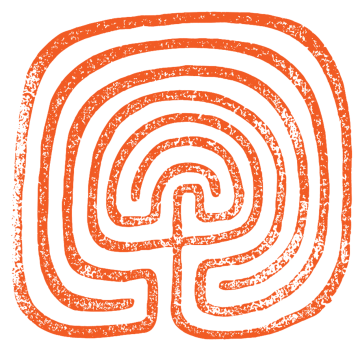Sonata No. 2 for Flute and Piano "Canzoniere " (2010) - 12'
Order here
-Commissioned by the Philadelphia Chamber Music Society
-written for Marina Piccinini
Program Listing
Sonata for Flute and Piano No. 2 "Canzoniere" (2010)
I. Sospeso: Hor che ’l ciel e la terra e’l vento tace, E le fere e gli augelli il sonno affrena...
II. Con moto: Guerra è il mio stato d’ira e di duol piena e sol di lei pensando ho qualche pace
III. Fluido: Così sol d'una chiara fonte viva move 'l dolce l'amaro ond'io mi pasco
IV. Con moto: Mille volt’il dì moro e mille nasco, Tanto da la salute mia son lunge
Program Notes
I could have just called this piece “Sonata for Flute and Piano No. 2,” but that would not have captured the inspiration for the music, which is a madrigal from Monteverdi’s wonderful setting of the Petrarchan sonnet Or che ‘l ciel e la terra.
Like in so much of Petrarch’s poetry, Or che ‘l ciel e la terra is full of description of love and longing, all set ina dream-like world balanced between nature and the man-made. Monteverdi saw the opportunity in this text to create a vivid and varied work inspired by Petrarch’s words. I was inspired by both the words and the music, and so set out to write my own piece reflecting on the works of these two authors.
The first movement is a direct quote from Monteverdi that one might not notice on the surface. I used his harmonies (all of them!) but stretched chords to the extreme ends of the piano’s range. The second movement draws less directly from the composer’s work, and more from the text: “War is my state of being, of both anger and pain / And only thinking of her brings some peace.” The third movement begins with another quote–the opening of this part takes directly from Monteverdi’s, and the text plays a definite role in the music. The final movement alternates between my own close canon of flute and piano and Monteverdi’s last chords–the ending to his madrigal is one of the most beautiful passages in music that I know. I was so haunted by these notes that I was sure I had to include them in my own piece.
Petrarch’s entire collection of sonnets is called the “Canzoniere,” which means simply “Songbook.” The piece was commissioned through the Anthony P. Checchia Composers Project of the Philadelphia Chamber Music Society and was funded by a grant from William M. Hollis and Andrea Baldeck, M.D. Canzoniere was written for Marina Piccinnini and was premiered with pianist Benjamin Hochman in November 2010 at the American Philosophical Society.
Petrarch’s poem below:
Or che ‘l ciel e la terra e ‘l vento tace
E le fere e gli augelli il sonno affrena,
Notte ‘l carro stellato in giro mena,
E nel suo letto il mar senz’ onda giace,
Veggio, penso, ardo, piango; e chi mi sface
Sempre m’è in anzi per mia dolce pena:
Guerra e il mio stato d’ira e di duol piena;
E sol di lei pensando ho qualche pace.
Così sol d’una chiara fonte viva
Move ‘l dolce l’amaro ond’ io mi pasco;
Una man sola mi risana e punge.
Perchè ‘l mio martir non giunge a riva
Mille volt’il dì moro e mille nasco;
Tanto da la salute mia son lunge.
-Petrarch
Now, while the heavens and earth and wind are still
And beats and birds are locked in sleep,
Night’s chariot of stars makes its circles
And within its bed, the ocean lies without waves,
I watch, I ponder, I burn, I weep; and she who causes this
Is always present to my sweet pain:
War is my state of being, of both anger and pain;
And only thinking of her brings some peace.
And so, from a single pure fountain
Flows the sweetness and bitterness of my passion;
A single hand restores me and wounds me.
Since my suffering knows no end
A thousand times a day I die, a thousand times am born;
So great is the distance to my salvation.
Translation by David Ludwig
Press
Inspired by early-Baroque composer Claudio Monteverdi’s music, Canzoniere presents a unique combination of tonality, dissonance, serene flowing phrases, and virtuoso writing for both flute and piano. –City Paper
